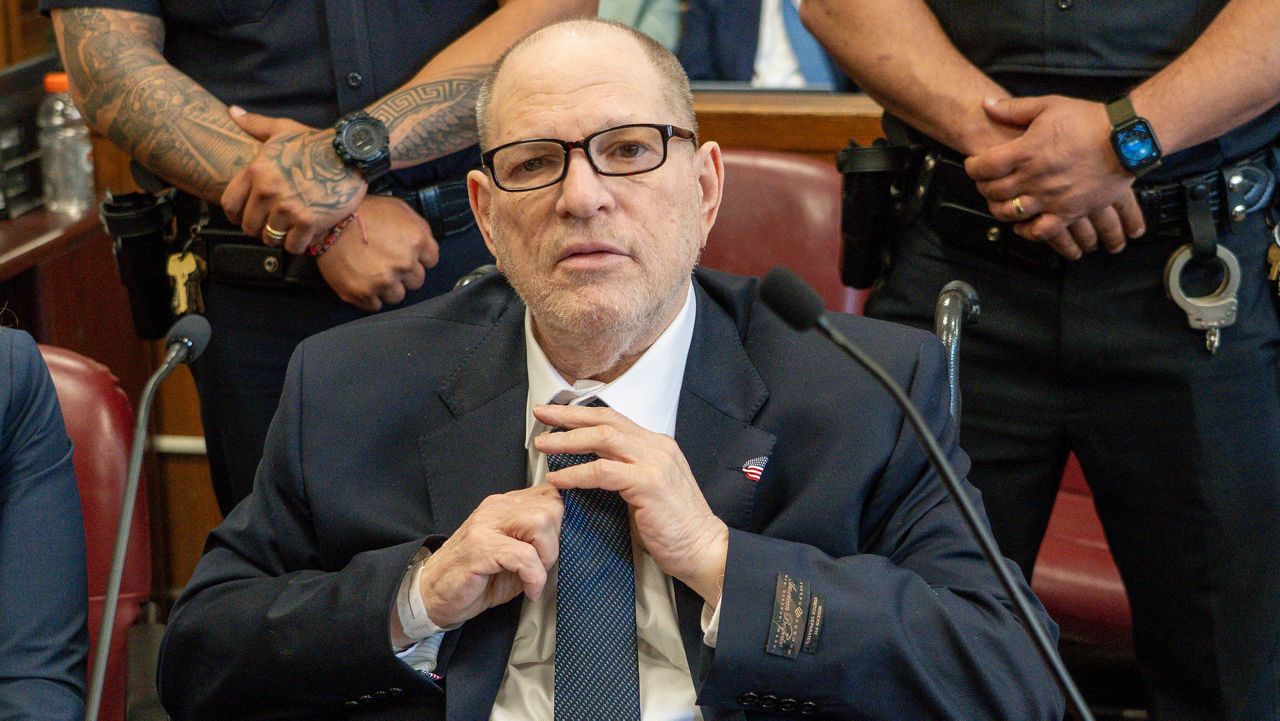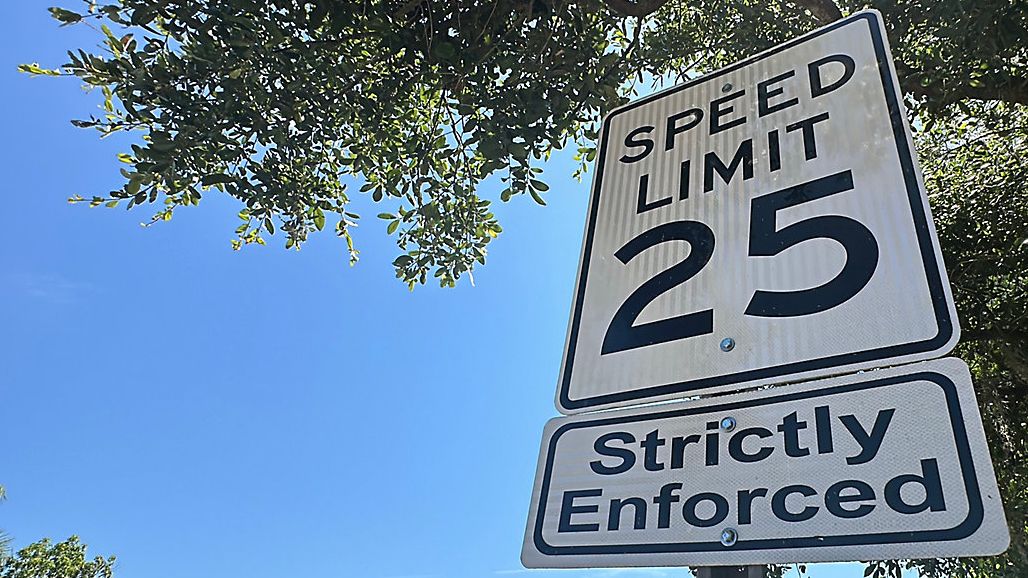SACRAMENTO, Calif. (AP) — People who get hurt because of a doctor's negligence in California could soon get a lot more money in malpractice lawsuits under an agreement reached Wednesday that — if approved by the state Legislature — would avoid a costly fight at the ballot box this November while resolving one of the state's longest-running political battles.
California does not limit how much money patients can win in malpractice cases for economic damages, which include things that can be counted, such as medical expenses and lost wages. But since 1975, state law has limited how much money patients can win for things that can't be counted — such as pain and suffering — to $250,000.
Trial attorneys and patients' rights groups have tried and failed for decades to raise that limit, noting it sometimes costs more than that to take one of these complex lawsuits to trial. Doctors have usually opposed raising the limits, saying it would result in soaring malpractice insurance premiums that could put some community health clinics out of business.
With neither side budging, California voters were set to settle the issue in November. A ballot measure would ask voters to tie the limit to inflation, immediately increasing it to about $1.2 million. The two sides had collectively raised about $35 million in what was expected to be one one of the most fiercely contested ballot measure campaigns this year.
But Wednesday, supporters of raising the limit agreed to withdraw the measure from the November ballot. Instead, they supported a new bill in the state Legislature that would gradually increase the limit over the next 10 years. The bill has the support of the California Medical Association, the Consumer Attorneys of California, Californians Allied for Patient Protection, state legislative leaders and Democratic Gov. Gavin Newsom, who said he would sign it into law.
“This is an important victory for the stability and health of our health care system, and for patients across California,” Newsom said.
The agreement would, beginning next year, raise the limit to $350,000 for people who were injured and $500,000 for the families of people who die. Those limits would gradually increase over the next decade until 2033, when they reach $750,000 for injured patients and $1 million for families of deceased patients. After that, the limits would increase 2% each year to keep up with the cost of inflation.
Patients could win more money than that because the limit would be applied to both medical providers and institutions. That means a patient suing a doctor and a hospital could win up to $350,000 from each. Patients could also win damages from a third provider or institution if they are unaffiliated with the first two.
Gradually raising the limit over 10 years makes sure medical malpractice insurance premiums don’t rise too quickly for doctors, said Dustin Corcoran, CEO of the California Medical Association.
“What you see is a reflection of listening, understanding and appreciating where both coalitions were coming from,” Corcoran said.
Medical negligence cases are some of the most expensive cases to bring and the hardest to prove because jurors, in general, trust doctors, according to Craig Parks, president of Consumer Attorneys of California. Parks said he rejects nearly all of medical malpractice lawsuits “because I have to explain to the poor victims that the law is what it is and it just makes the pursuit of the claim not worth it from a monetary standpoint.”
He said he hopes this new compromise brings the two sides to a point where they can work together more on future legislation.
“It has taken hundreds of people fighting this fight over the years to get us to this point,” Parks said.
Once approved and signed into law, the limits would only apply to malpractice cases filed after Jan. 1. That means it won't apply to the case of Charles Johnson, whose wife, Kira, died in 2016 after her bladder was cut during a C-section. Johnson's case is scheduled to go to trial next month.
Still, news of the agreement was a relief to Johnson, who has led the campaign to increase the limits.
“What all of these families will tell you is, far beyond the financial impact, we want justice and we want transparency and accountability,” he said. “Although this piece of legislation won't affect Kira's case, it makes me feel good that other families will have access to civil justice.”










